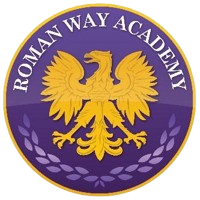Otters & Robins (Reception)
Click here to view our termly Curriculum Overview.
Our Reception children love looking after their giant African land snail. His name is Rocket!
Video about Rocket the giant African land snail

Click here to view our termly Curriculum Overview.
Our Reception children love looking after their giant African land snail. His name is Rocket!
Video about Rocket the giant African land snail